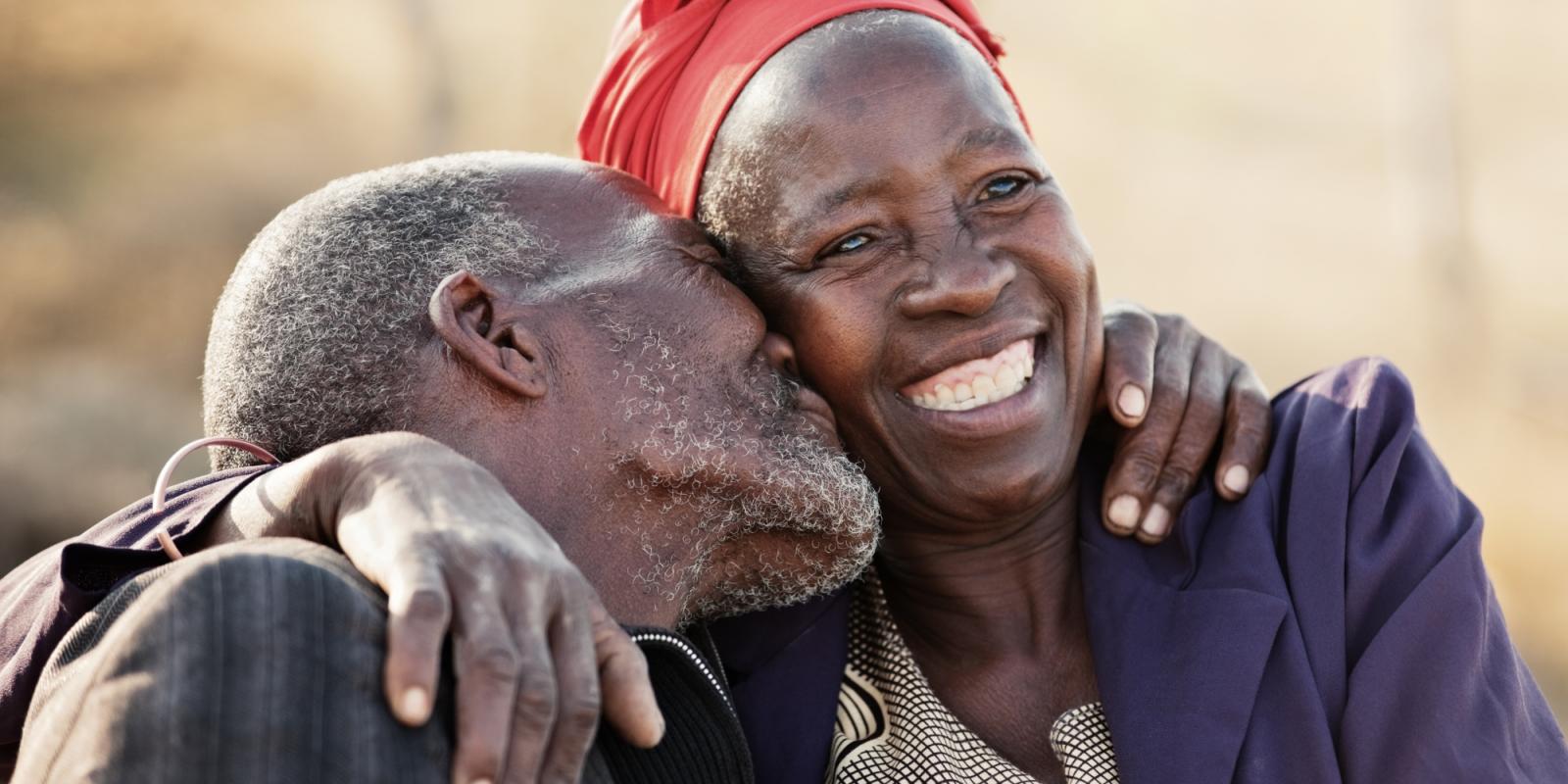The Winter Generations Journal issue “Sexuality & Aging: Provocative New Perspectives,” may be one of the more actively anti-ageist approaches to a topic we have featured in Generations. Guest Editor Gayle Doll is an incredibly curious, open-minded and well-resourced editor, who not only has studied sexuality in older adults for decades, but also is still pushing boundaries and will continue to do so. Which makes her a perceptive, thoughtful Guest Editor who’s a joy to work with.
Now retired, Doll was an associate professor at Kansas State University, and director of the university’s Center on Aging. She led the Center’s research, teaching, and outreach efforts, including the more than 20-year contract for the state program, Promoting Excellent Alternatives in Kansas Nursing Homes; a person-centered, long-term care initiative. In 2012, Doll published Sexuality in Long-Term Care: Understanding and Supporting the Needs of Older Adults (Health Professions Press).
To keep her hand in her long-loved field and remain current she serves on the board of directors of a large nursing home chain, a position she has held for almost 20 years. Sexuality in nursing homes and differing approaches to allowing it have been major interests of Doll’s, her opinion on the topic is frequently sought after, and the subject features prominently in this issue.
Her interest in nursing homes began as a need to foster person-centered care wherever possible. “Sexuality is a sub-component of person-centered care. And if it is possible to make people understand that we should be aware of and sensitive to older persons’ interest in maintaining intimate relationships, it should not take a leap for them to understand the rights that people should have to other needs and interests,” said Doll.
‘Sexuality is one of a number of ways that older adults are held back from being their authentic selves.’
Elders’ sex and sexuality also is a personal interest of Doll’s, one that began before “she was not yet one of the persons I was researching.”
But “now that I’m 68 I find I’m questioning myself a lot—‘is this change in my sexuality a product of aging, my mental or physical health, or have I bought into the culturized notion that I should be less interested in intimacy and sex?’ ” Doll was pleasantly surprised, as were we at ASA, to find that reading the articles for this issue has raised even more questions about how we treat sexuality and aging in this country.
Doll may have worked in and lives in what is considered middle America, but her thought processes do not reflect that cultural stereotype. She’s virulently opposed to the limits society often sets upon groups such as people of color, people with disabilities, people who look different and people who are aging.
“These limits are unspoken rules that force us to be a certain way, to act a certain way. People who break through those limits are seen as odd, outside the normal, maybe a bit over-the-top and unacceptable,” said Doll. This Journal issue not only makes clear the damage this way of thinking can do, but also more progressive paths forward.
“Sexuality is one of a number of ways that older adults are held back from being their authentic selves. Granted, just like not everyone wants to paint their toenails blue, a lot of people ‘authentically’ do not have a desire for intimacy or sex, but in the way that we have begun to normalize blue toenails (even on men!) we should be able to normalize that everyone is different and should be celebrated for that.”
This issue, rich with diverse writers, does exactly that, by design. “My primary goal was to get some fringe voices to address this topic so that researchers could begin to explore alternative notions,” said Doll.
“And, I’m delighted to say that I think we’ve achieved that. As with any exploration of aging, I think it has challenged people’s stereotypes of what is supposed to happen to older people. And I love that!”
Alison Biggar is ASA’s Editorial Director.
Photo credit: Lucian Coman/Shutterstock













